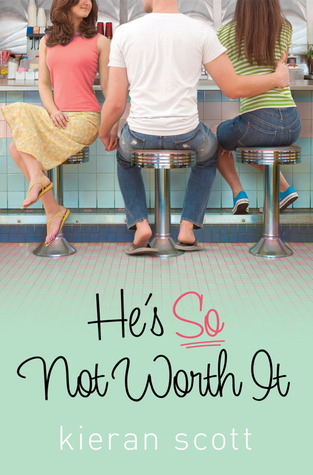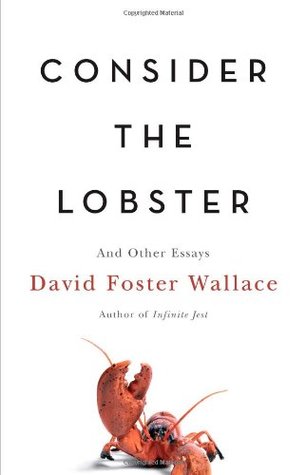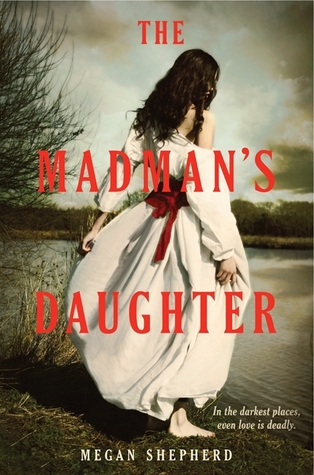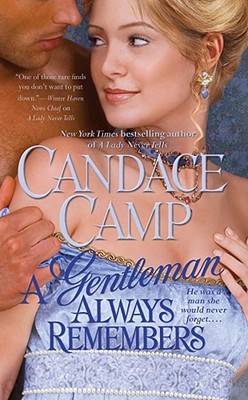 |
| Simon & Schuster |
Kieran Scott
2011
The Summary
"After her spectacular crash and burn return to Orchard Hill, Ally Ryan could not be more thrilled for the summer.
"But crap. Mom wants to spend the summer on the Jersey Shore with her new boyfriend, and formerly MIA Dad is suddenly back on the scene, ready to have some quality time together. And, oh, yeah, she hates all her old friends, and the feeling is mutual. Maybe it's time for Ally to meet some new people.
"Meanwhile, Jake is preoccupied with trying to get Ally's attention after the disaster at Shannen's birthday party. Too bad the only way to get back on her radar is to take a Mom-ordered summer job working for her father. So it looks like no Shore with his friends and, unfortunately, no time with Ally, either.
"Maybe their time apart will be a good thing and give them a chance to sort out their feelings. Or, it will blow up in their faces and they'll find themselves farther apart than before. Labor Day can't come soon enough."
The Good
Somehow, this book hooked me--and I can't really understand why. I mean, don't get me wrong, Scott is a decent writer and she creates believable characters facing life-like tragedies, challenges, etc. and her novel is strangely compelling. However, He's So Not Worth It isn't really my style, and it's definitely not something I expected to plow through in a couple of days.
Several things are happening all at once in this book: relationships being formed, relationships being torn asunder, friends and family and acquaintances shuffling around like a deck of cards. It rather reminds me of a soap opera--or a train wreck--because you can't seem to look way from the ensuing carnage. I stayed with it until the end, which, confidentially, surprised me.
Annie was probably the best part of the book. Her mad cap adventures across the city in pursuit of Crestie gossip borders on obsessive, but her field notes were so fun and relatable that I couldn't help enjoying her eccentricities. She, like the reader, is strangely drawn into the world of the Cresties and she's great for giving readers a bigger piece of the story.
The Bad
Teenagers.
The Ugly
I must admit that I hated pretty much everyone in this novel. Literally, everyone. I just don't understand the culture that Ally finds herself thrust back into, I don't understand the world of the Cresties--or the locals who live at the LBI (the Jersey Shore, a location which, honestly, does not entice me in the least)--or how they can live the way they do.
For the most part, it's infuriating. I can see why Annie pretty much has a blanket rule to hate all Cresties on sight. It makes total sense after reading this book.
Maybe, I missed something. Maybe, I'm seeing too much of the story through the eyes of Ally who has found herself ostracized from this decadent, rich world of the Cresties and recognizes her peers for who they are, sometimes even calling them out on what they do. Maybe, I just don't understand these crazy people.
Regardless, I did not like them.
I mean, so many of Ally's peers are just horrible people. Even Jake is a self-involved tool who needs a reality check and (I hope) a kick in the backside, and he's one of the good ones. You have people like Shannen who doesn't care what kind of havoc she wreaks, so long as she gets what she wants. I understand she's going through a tough time with her parents' divorce, but that doesn't give her the right to unleash a veritable Armageddon on other people's (namely, Ally's) lives.
You have Hammond who needs to take a chill pill and realize that his girlfriend--his ex-girlfriend--is going to stay mad at him, because he kissed another girl and found himself actively attracted to another person when he was still in a relationship. Jake who can't grasp the concept of what it means to have responsibilities, who can't understand why Ally is so angry at him for keeping a huge secret from her (and, simultaneously, breaking her heart). Cooper who needs serious psychiatric counseling for his alcoholism and his volatile relationship with his mother, which causes fallout to rain down on everyone.
That's just the tip of the iceberg. I'm not even including the parents.
And, while I liked Ally, even she managed to fall into a self-destructive spiral that nearly ruined her relationship with her mother, her father, her best friend, and pretty much everyone she cares about. She has a good head on her shoulders and I can see why she has a problem dealing with her father's abandonment and his sudden return, her parents' arguments that ultimately dissolve into venomous vocal sparring matches, and her mother's unexpected relationship with a new man whom Ally doesn't like. It makes sense why she's having problems, but she has these moments where I can't help thinking, "What is wrong with you?"
I just don't understand their world. I don't get their drama, or why things have to spiral so far out of control before people stop, step back and think, "Huh? Maybe I shouldn't do that anymore." I get it, they're teenagers, but do they have to be so very, very stupid? These are kids who have their whole lives ahead of them, they have the world at their fingertips because of the wealth and prestige of their families. They literally can do anything they want with their lives--and they're out drinking on the beach, screwing around, ruining their own and other people's lives.
I just don't get it.
Honestly, it all made me kind of sick and I can't say I left this novel with a satisfied feeling.








